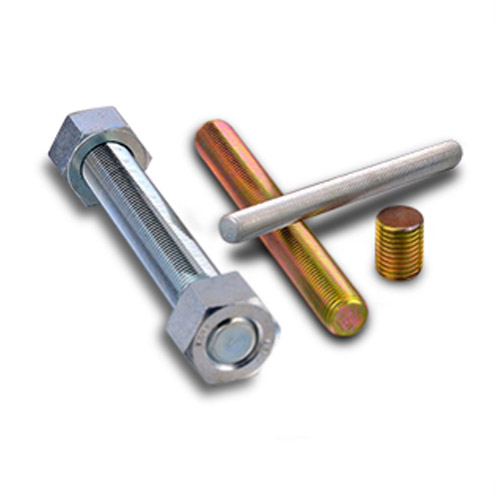11월 . 07, 2024 16:22 Back to list
Types of Threads for Drill Rods and Their Applications
Understanding Drill Rod Thread Types
Drill rods are essential components in drilling operations, particularly in mining, construction, and geological exploration. They serve as the conduit for drilling tools, transferring rotational force and aiding in the removal of cuttings from the drilling site. One crucial aspect of drill rods is their threading, which is fundamental for the connection between different sections of the drill string. This article aims to explore the various types of drill rod threads, their applications, and the importance of selecting the appropriate thread type for efficient drilling operations.
Types of Drill Rod Threads
1. Round Threads Round threads are characterized by their rounded profile, providing a strong and reliable connection. They are often used in applications where high torque and rotational strength are required. These threads offer better resistance to wear and damage, making them suitable for arduous drilling environments.
2. Square Threads Square threads are known for their unique shape, which provides a high degree of friction and resistance to slipping. Their design allows for effective transfer of weight and can support heavy drilling equipment. Square threads are commonly used in drilling applications that require precision and stability.
3. API Threads The American Petroleum Institute (API) has standardized a range of threads for drill rods, ensuring compatibility across various drilling equipment. API threads are recognized for their reliability and are widely used in the oil and gas industry. These threads facilitate easy connections and disconnections, enhancing the efficiency of drilling operations.
4. Tapered Threads Tapered threads feature a gradual reduction in diameter along the length of the thread. This design helps to create a tight seal when the rods are connected, preventing leaks of drilling fluids. Tapered threads are particularly beneficial in applications where pressure containment is critical, such as in geothermal or deep-well drilling.
drill rod thread types

5. Specialty Threads In addition to the standard thread types, there are specialty threads designed for specific applications. These might include modified threads that enhance sealing capabilities or threads optimized for certain drilling conditions. Understanding the requirements of a particular drilling project is essential for selecting the right specialty thread.
Importance of Choosing the Right Thread Type
Selecting the appropriate drill rod thread type is vital for several reasons. Firstly, the right thread ensures a secure and stable connection between rod sections, which is crucial for maintaining drilling efficiency and safety. A poor connection can lead to equipment failure, downtime, and increased operational costs.
Secondly, different thread types can significantly impact the overall performance of the drilling operation. For instance, using a thread type that minimizes slippage can enhance the transfer of force and improve drilling speed. Conversely, using an unsuitable thread type may result in frequent breakdowns and inefficiencies.
Lastly, the compatibility of threads between different manufacturers or equipment is a critical factor to consider. Utilizing standardized threads, such as those defined by API, can ensure that various components work seamlessly together, reducing the risk of incompatibility issues.
Conclusion
In conclusion, the choice of drill rod thread type plays a significant role in the success of drilling operations. From round and square threads to specialized designs, each type offers distinct advantages that can influence performance, safety, and operational efficiency. Understanding the characteristics and applications of each thread type allows drilling professionals to make informed decisions, ultimately leading to improved productivity and cost-effectiveness in their projects. Therefore, it is essential to assess the specific needs of a drilling operation carefully and select the appropriate thread type accordingly.
-
The Ubiquitous Reach of DIN934 in Application Realms
NewsMay.16,2025
-
Exploring Different Bolt Types
NewsMay.16,2025
-
Cracking the Code of Sleeve Anchor Mastery
NewsMay.16,2025
-
Clamp Design Principles,Types and Innovations
NewsMay.16,2025
-
Artistry Inspired by the Humble Anchor Bolt
NewsMay.16,2025
-
A Deep Dive into Screw Types
NewsMay.16,2025


